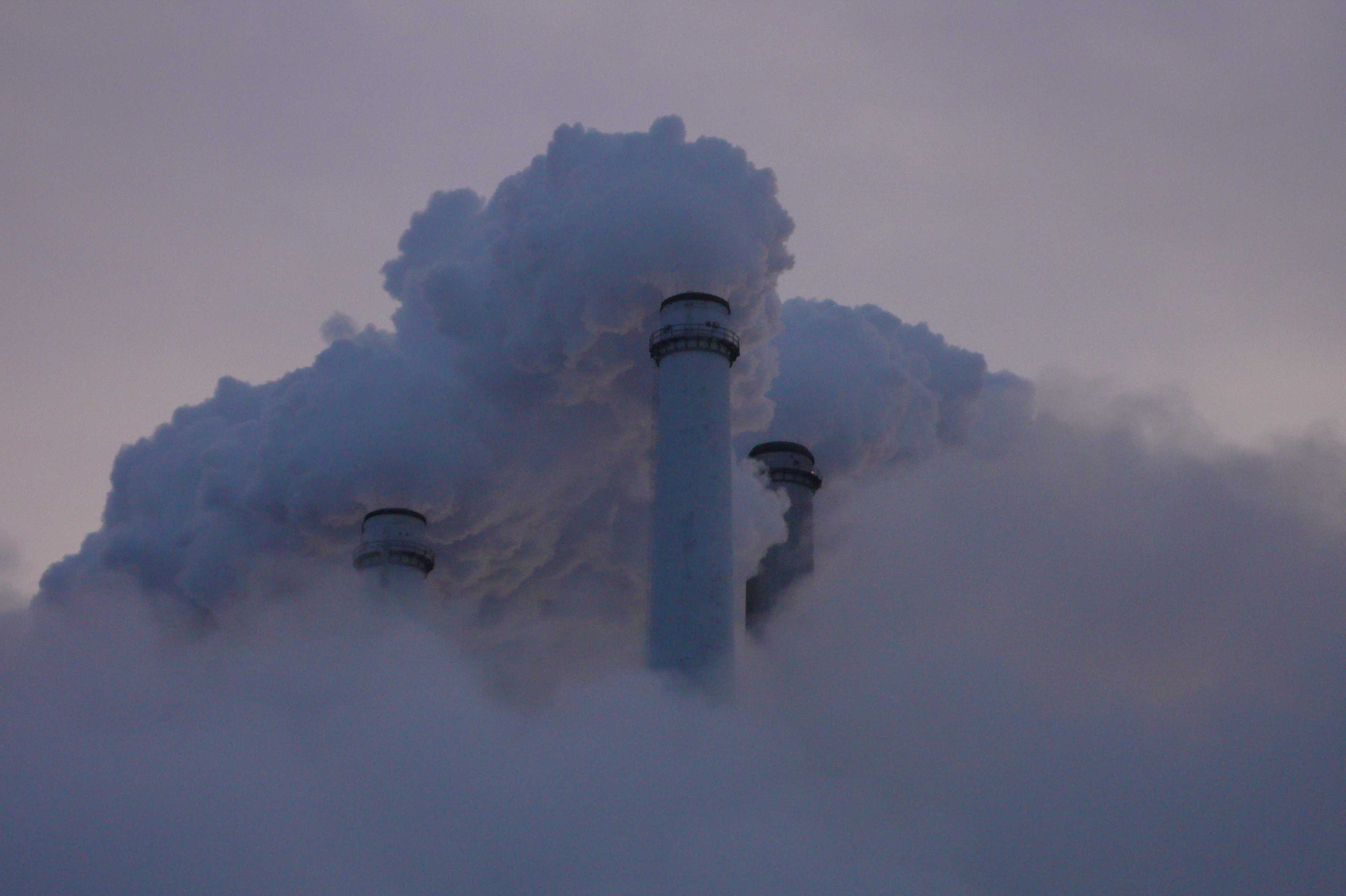Carbon WA, a grassroots campaign to put a carbon tax on the 2016 state ballot, will file 350,000 petition signatures with Washington’s secretary of state. Yesterday, we reported how the campaign’s executive committee was on the fence about whether to file due to the prospect of a second carbon initiative making the ballot.
The announcement is sure to please supporters of the Carbon WA initiative, but raised concerns that competing carbon initiatives in 2016 could ultimately lead to no carbon policy being passed.
The second initiative would come from the Alliance for Jobs and Clean Energy, an organization endorsed by well-established liberal groups such as FUSE Washington, the NAACP, and the Metropolitan Democratic Club of Seattle. The two campaigns also differ in their funding: Carbon WA is paid for mostly by local, smaller donations, whereas the Alliance’s sole donation so far is $80,000 from California billionaire Tom Steyer.
The Alliance alternative would be a revenue positive measure–that is, it would generate additional tax revenue through either a cap and trade system or a tax or fee on carbon. Alliance supporters say any climate change proposal must earmark funds for marginalized groups who bear the worst effects of climate change, such as migrant farmworkers. They’ve also criticized Carbon WA for not being more inclusive and diverse.
Carbon WA’s initiative, on the other hand, will be for a carbon tax that is revenue neutral–that is, it cuts some taxes while making up the balance via carbon taxes. Carbon WA would use the carbon tax revenue to pay for a tax credit for families, a one percent cut in the state sales tax, and reduce a tax on businesses. Proponents say it is pro-social justice since it reduces the regressive sales tax, which burdens poor people more than rich. They also hope its revenue neutrality will garner bipartisan appeal.
The two camps have spent recent weeks in urgent, sometimes tempestuous negotiations over a mutually-acceptable compromise, hoping to avoid competing carbon initiatives on the ballot that could hamstring each other. Partly due to new polling data that doesn’t favor the Carbon WA measure, on Monday Carbon WA founder Yoram Bauman wrote in an email/blogpost to supporters that the executive committee was seriously considering a deal that would require them to not submit their nine month’s worth of signatures.
Last night, Bauman announced that despite good-faith attempts on both sides, they were unable to agree. Carbon WA will proceed to file its 350,000 signatures with the secretary of state before the Dec. 30th deadline, sending a revenue neutral carbon tax to the legislature, and probably eventually to voters. Bauman wrote:
Our Executive Committee met today and discussed an updated (more detailed) version of the alternative proposal. We debated the issues and considered arguments on both sides raised by the Executive Committee and by our grassroots base. After almost 3 hours it became clear that the Executive Committee would not accept the alternative proposal in its current form and that there was no chance of modifying the alternative proposal in the very short time frame remaining that would change the Executive Committee’s decision.
Reaction to the announcement was mixed. One commenter on Bauman’s blogpost, Francine, wrote:
I applaud CarbonWA’s transparency and fairness as you publicly debated the alternative proposal. How unfortunate that the Nature Conservancy, WEC, Climate Solutions et al did not bring this alternative to the table two months ago when they were perfectly capable of doing so. That would have given everyone more time to not only carefully vet the proposal and refine, but just as importantly to BUILD TRUST.
CarbonWA spent months carefully drafting the I-732 initiative, including legal review and financial projections. One can hardly expect the same level of examination to be conducted on the 801 initiative five days before Christmas. Shame on the Nature Conservancy, Climate Solutions, the Alliance and their leaders for putting the I-732 team and community through this false fire drill.
Commenter Leslie, by contrast, wrote:
Wow, that’s incredibly disappointing. As a signer of the initiative, I wanted to see a price on carbon. The mechanism was less important to me than the end goal, and the alternative option sounds much more viable. I appreciate all the hard work that’s gone into I-732 to date but am now skeptical of its chances of success. I wish the executive committee had made the more difficult, but more pragmatic choice to work with a broader coalition toward a shared goal.
Sightline Institute executive director Alan Durning, who’s been “somewhat involved” in the negotiations, told us earlier this week, “I see it as an act of extraordinary courage and leadership in the Carbon WA executive committee to suggest at this point to their supporters that there might be a better path by not filing. It’s almost unthinkable. If you think about all the momentum that builds up…to suggest at this late date that it would be better to join forces with the Alliance on a different carbon action plan shows to me tremendous leadership.”
Reached by text message, Durning responded to Bauman’s announcement. “My reaction: Carbon WA’s decision is disappointing. Not surprising but disappointing. A unified campaign now seems out of reach. And the obstacles to enacting a statewide climate law just got more daunting.”
cjaywork@seattleweekly.com








